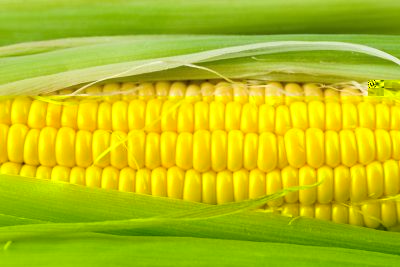Most people want to know if their food has GM ingredients

Your support helps us to tell the story
From reproductive rights to climate change to Big Tech, The Independent is on the ground when the story is developing. Whether it's investigating the financials of Elon Musk's pro-Trump PAC or producing our latest documentary, 'The A Word', which shines a light on the American women fighting for reproductive rights, we know how important it is to parse out the facts from the messaging.
At such a critical moment in US history, we need reporters on the ground. Your donation allows us to keep sending journalists to speak to both sides of the story.
The Independent is trusted by Americans across the entire political spectrum. And unlike many other quality news outlets, we choose not to lock Americans out of our reporting and analysis with paywalls. We believe quality journalism should be available to everyone, paid for by those who can afford it.
Your support makes all the difference.Consumers in the United Kingdom find that current labeling rules for genetically modified (GM) foods are inadequate and they are confused by labeling information, says a new report commissioned by the UK's Food Standards Agency.
In a study of consumer attitudes towards GM labeling, independent researchers from the National Centre for Social Research found that consumers think that food labels should list the GM ingredients in foods, including foods produced using GM processes, or in animal feeds and which are currently not labeled.
The report, which was published November 25, said that most UK consumers are undecided or opposed to GM food and that there is mistrust surrounding the label of GM foods. It also showed that support for GM was varied, but more people wanted transparency and consumer choice because they think that GM ingredients are used in many products.
In France, approximately 93 percent of people think that the presence of GM ingredients should be flagged, according to market research firm Efficience 3 Institute. Currently, the French government requires all GM foods to be labeled as such. In April of this year, the labeling project "Fed without GMOs" (Nourri sans OGM) was applied to meat, poultry and dairy products. Ireland, Austria and Germany have also launched similar programs.
In the United States, there is no compulsory scheme to label GM ingredients - whether in the foods themselves, or in their supply chain. Studies have shown, however, that 87 percent of Americans would like to know if their foods contain GM ingredients.
http://www.food.gov.uk/news/newsarchive/2009/nov/gmreport
Join our commenting forum
Join thought-provoking conversations, follow other Independent readers and see their replies
Comments